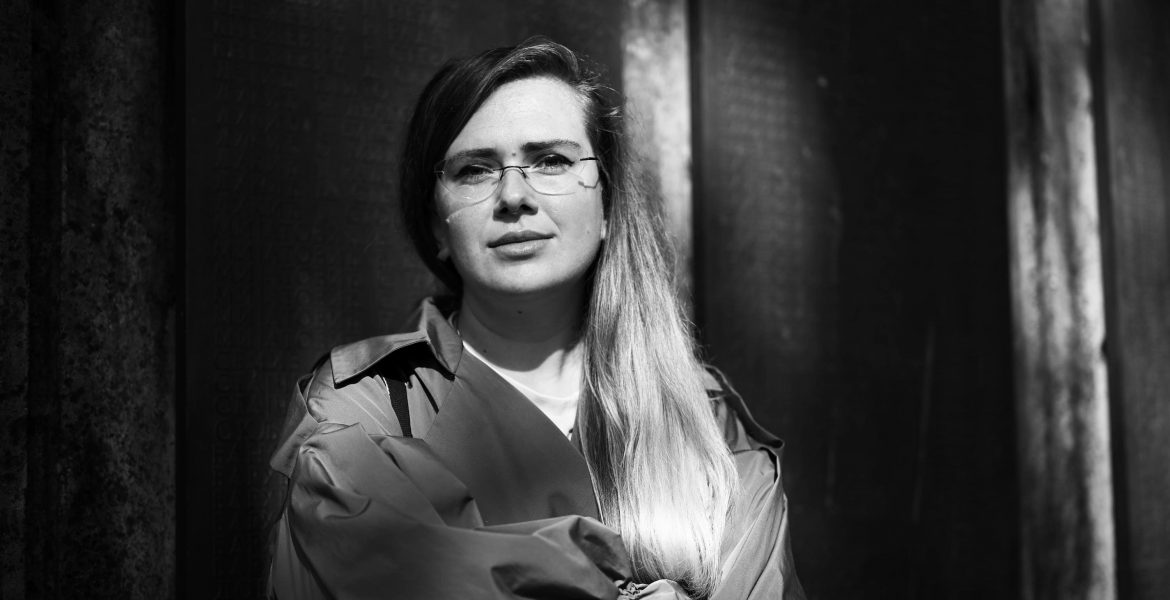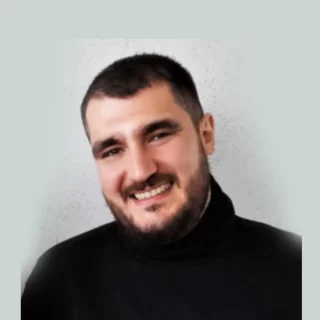On Friday, I watched my fellow citizens go to Prijedor for a commemoration of victims of the military operation Oluja. Everything was the same as two months ago, when they went to an assembly to support Aleksandar Vučić in Belgrade, which was also organised by the local SNSD and entailed a non-working day and extended weekend, flags of Republika Srpska, commotion and laughing faces, free bread buns and water.
Many of my fellow nationals lost their families during the war, and for this reason it is even more bizarre and hypocritical that they accepted the political stratagem. Holding a commemoration for victims of Oluja in Prijedor, a city where 3176 non-Serbs were killed, and in which the largest mass grave from the last war was discovered, would be the same as if someone from Zagreb came to Vozuća, where numerous people from Ozren and Doboj were killed, and commemorated victims of Bosniak and Croatian nationality.
There is no link between the military operation Oluja and the City of Prijedor. The decision to organise this year’s commemoration there is only willful eye-gouging to Bosniaks and Croats from Prijedor, which Milorad Dodik also confirmed on his Twitter account by saying that ”the City of Prijedor is a victim and hero” and then deleted it. Commemorative practices that ridicule victims, slight victims of other ethnicity, serve the purpose of historical revisionism, do not convey the message of forgiveness and reconciliation have become usual in our society. They are always ordered from central positions of power, which shows that it suits the responsible ones to reopen the wounds of the society of Bosnia and Herzegovina and incite new divisions and hatred.
A fact that demonstrates to what extent the purpose of this gathering was political revisionism that was only supposed to stir up the basest emotions and nip any well-meaning idea about remembering the victims in the bud, is the scandal regarding the background photograph, which was supposed to symbolise the suffering of the Serb people during Oluja. Facts show that the woman in the photograph made by Joel Robine is Sabina Mujkić with her daughter. They, and thousands of other Bosniaks, were persecuted from Žepa on July 27, 1995. Although that was not the idea and intent of the organisers, the photograph has shown one thing – that the ethnic origin or religion of a victim does not matter and that human suffering is universal.
And while the political elites on the other side of Sava river – in Prijedor, are blowing up the suffering and pain of the Serb people in Croatia, while keeping silent about the context and political decisions that influenced it or the shameful relationship of Serbia towards refugees that were forced to leave their homes in Otočac and the nearby village Doljani in Croatia back then, the authorities of Otočac and the Serb National Council have jointly commemorated the killing of Croatian soldiers and Serb civilians during and after the operation Oluja, conveying the message about the importance of mutual respect of victims and their suffering, irrespective of their ethnicity.
It is easy to misappropriate the pain and suffering and use it for the purpose of one’s own auto-victimisation, but none of the masterminds of the gathering in Prijedor are asking themselves how these people live today as returnees in Lika, whether they have water, electricity, whether their homes were rebuilt, whether they live from social benefits and whether there are pre-requisites that enable them to lead a dignified life, how are their relations with their Croat neighbours. Because, as Milorad Dodik wrote, ”the Serb people has built two states – Republika Srpska and Serbia and will fight for both”, treating the Serbs on the other side of Sava river as mere figures, necessary only to manipulate facts and create myths.
My fellow citizens came back from Prijedor happy and merry that they fulfilled their political party and patriotic duty, and I am thinking how I would like to take them at least once to a joint commemoration, so they can understand what it means to forgive and repent and experience at least once such a catharsis of their soul, truly feel someone else’s pain and pray that it may never happen to anyone else again.
Vanja Šunjić is a journalist, activist and writer. She bases her engagement on contemporary art and culture of resistance, examination of new perspectives and the common denominators of the common cultural space, facing the past and creating a vision of common future. She writes for several national and regional media as a literary and film critic. She is also the founder and first editor of the portal ”Novikonjic.ba”. She is the co-founder of the literary queer collective ”Književna zadruga” and author of the book ”Srce je u obliku trougla”. She is this year’s winner of the Traduki residency in Tirana.




